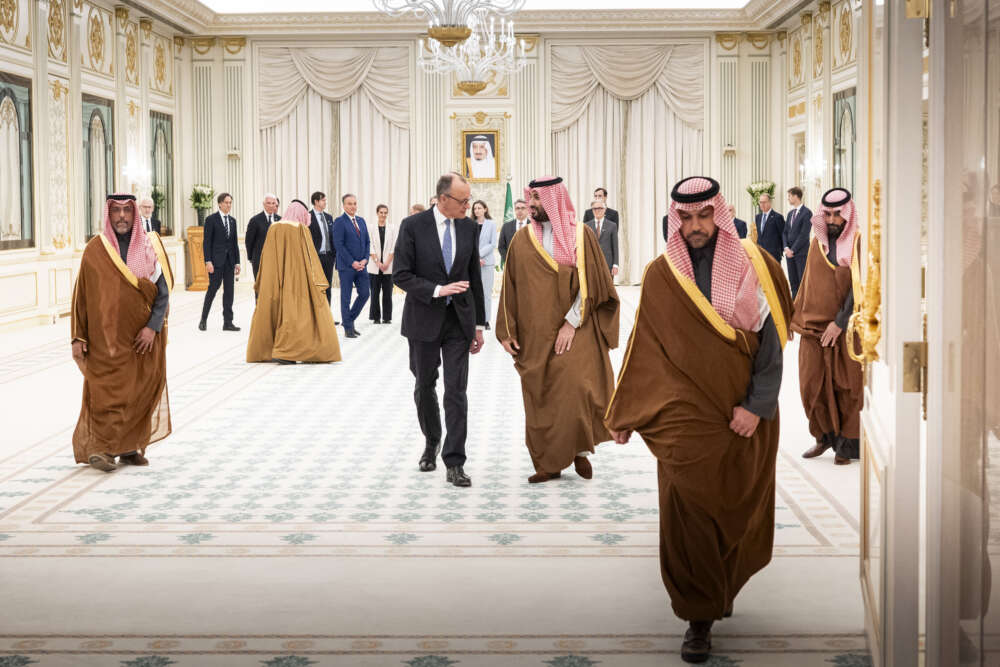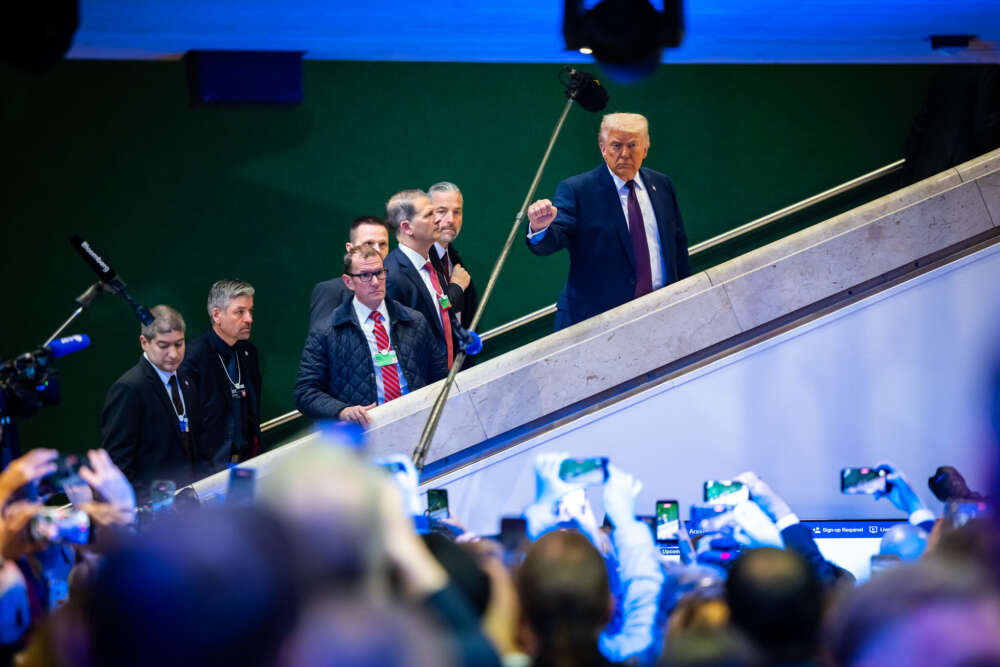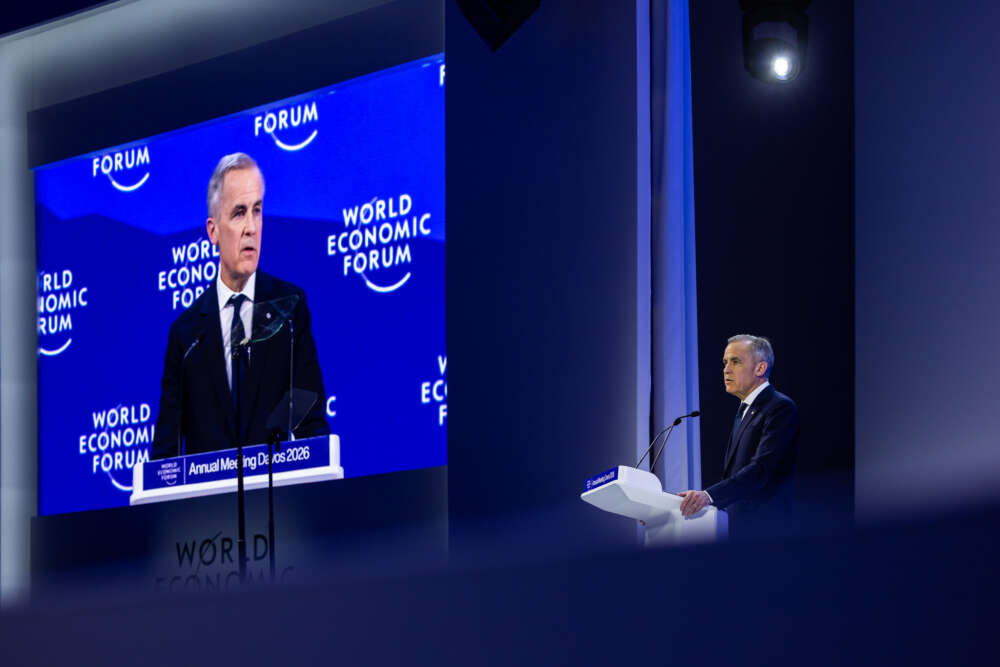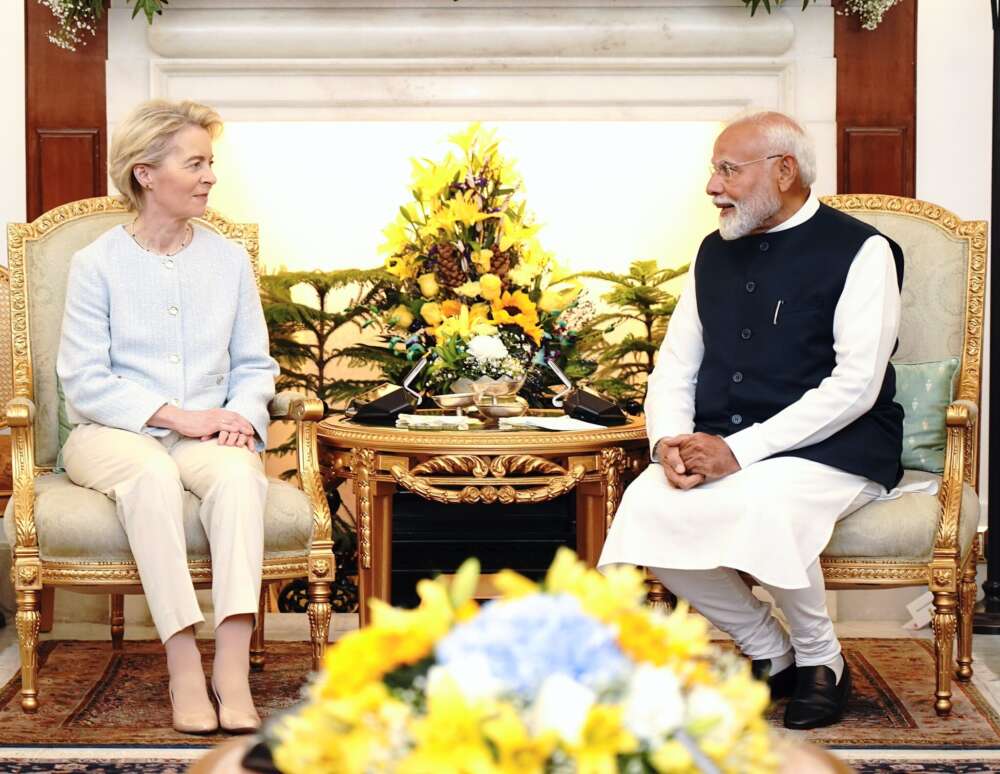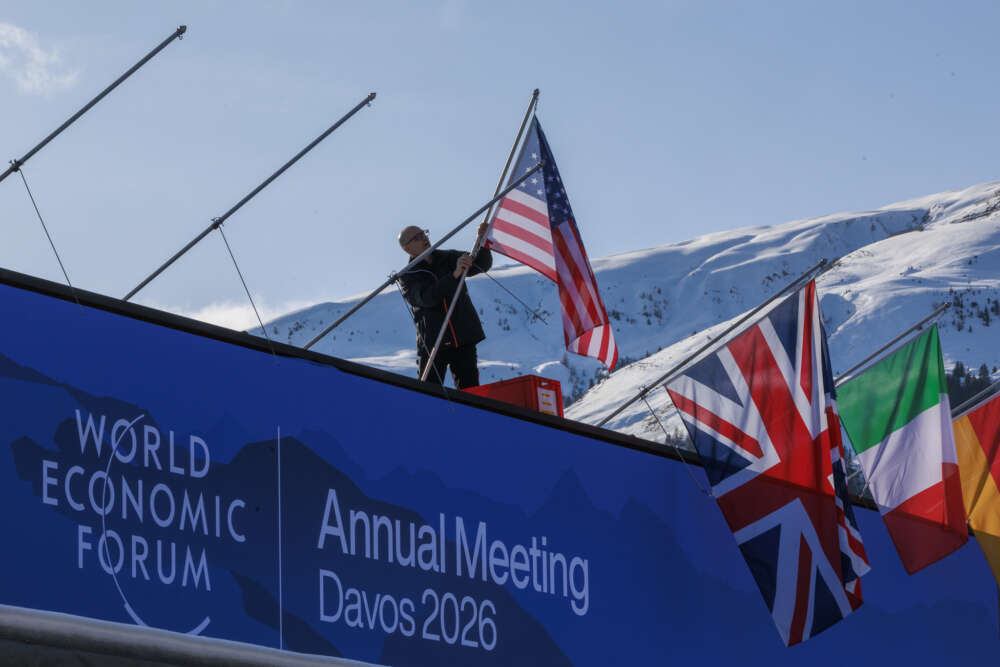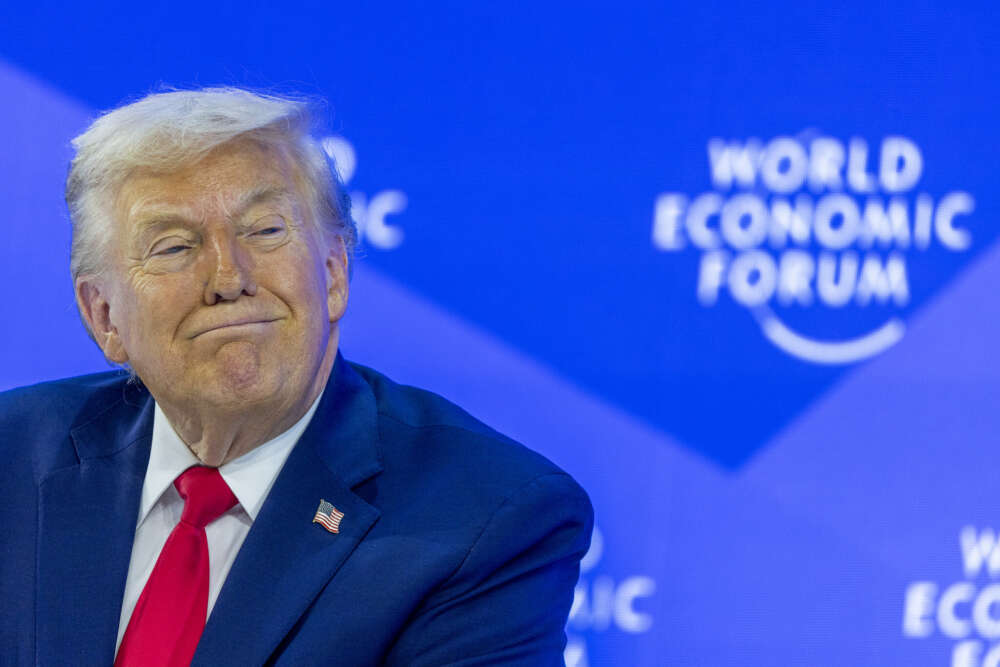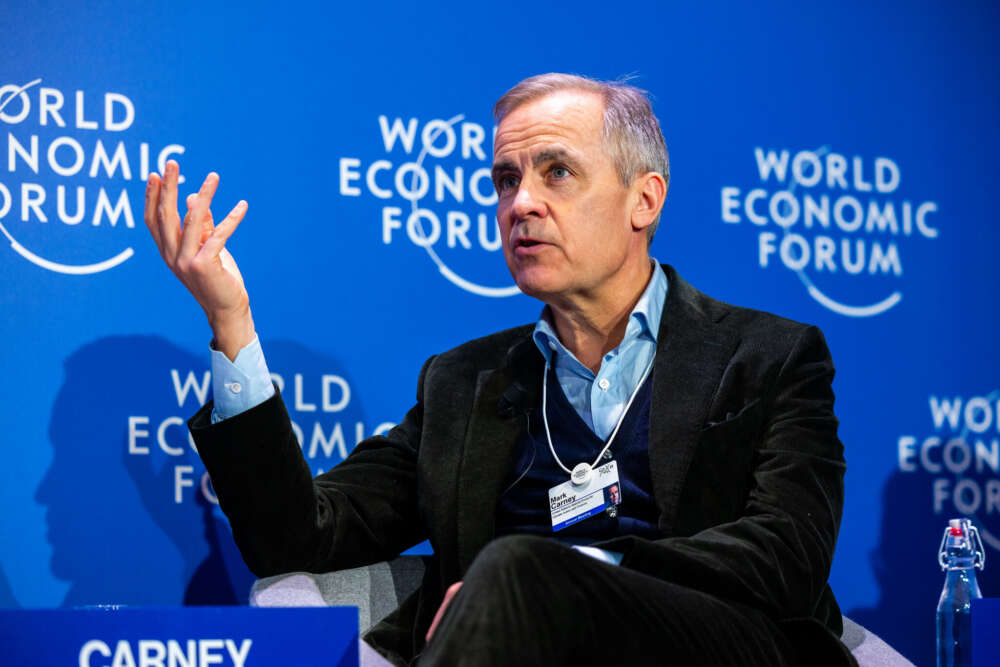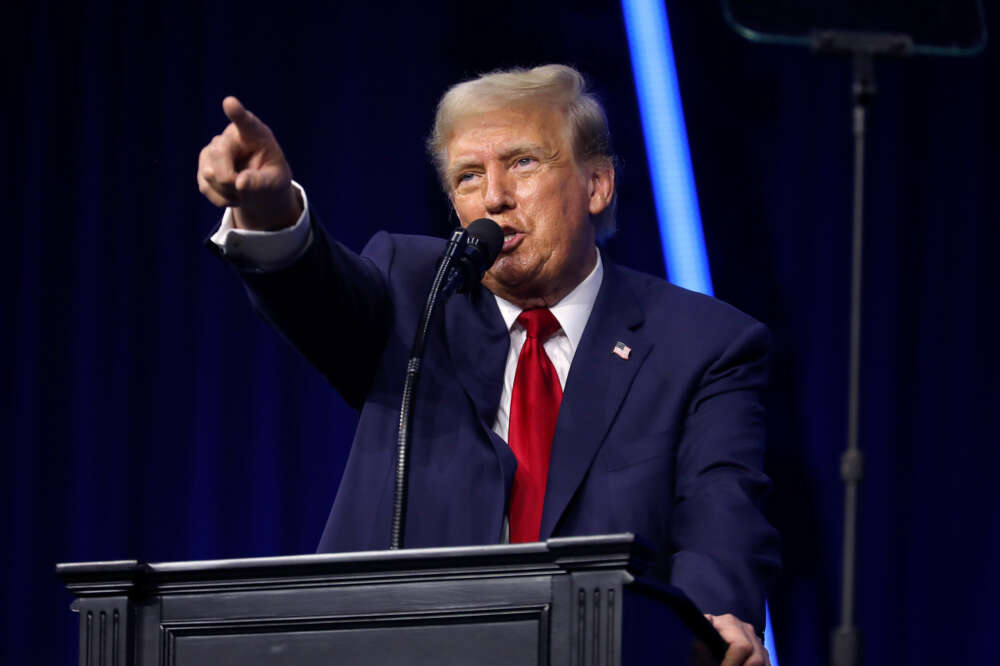Europe Is Doubling Down on Taiwan
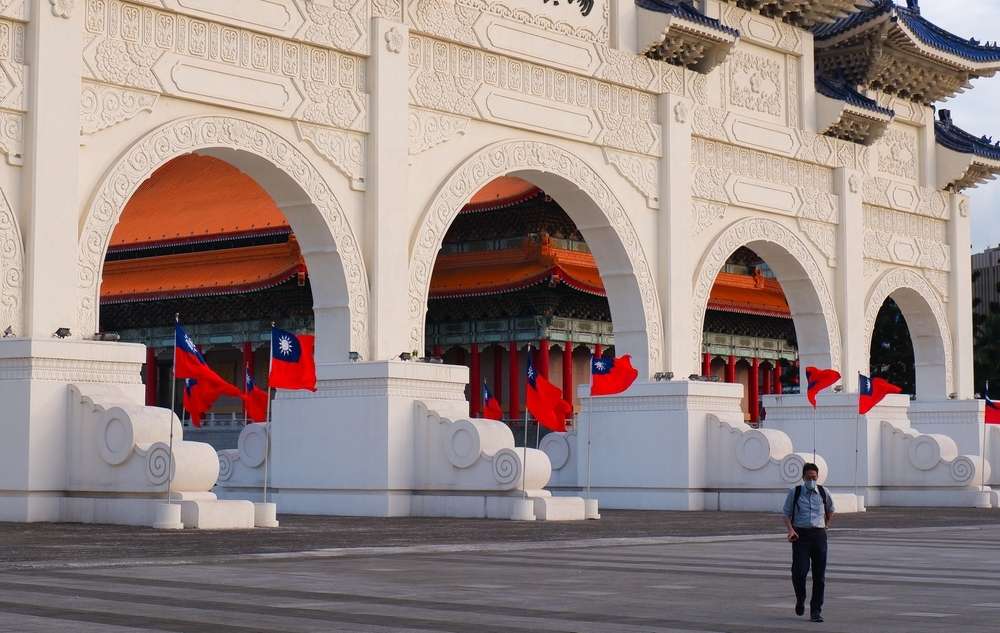
Last Wednesday, for the first time ever, an official delegation of members of the European Parliament arrived in Taiwan. During the three-day visit, the delegation from the Parliament’s Special Committee on Foreign Interference received a high-level welcome. The program has included meetings with Taiwanese President Tsai Ing-wen, the premier, and the speaker of the Taiwanese parliament. Two weeks ago, in what was also a first, Taiwan’s Foreign Minister Joseph Wu held meetings in Brussels with members of the European Parliament from nine countries as well as undisclosed European Union officials “at a non-political level.”
These unprecedented visits are signs of a major shift in Europe’s Taiwan policy that are driven by the European Parliament and some member states, and increasingly supported by the European Commission and the External Action Service, Europe’s joint diplomatic corps. At the heart of this new approach is a massive European investment in political and economic relations with Taiwan to support a fellow democracy, make use of economic opportunities, and help defend the status quo and keep the peace in the Taiwan Strait. Europe’s shift is a direct reaction to Beijing’s ever more aggressive stance vis-à-vis both Taiwan and Europe.
Last month, the European Parliament adopted a comprehensive blueprint for beefing up relations with Taiwan, calling for a “comprehensive enhanced partnership.” This includes a bilateral investment agreement between the EU and Taiwan; strong support for Taiwan’s role in international organizations; increasing scientific, cultural, and people-to-people exchanges; and cooperation in the media, health, and high-tech sectors. The resolution also advocates changing the name of the European Economic and Trade Office in Taiwan to the European Union Office in Taiwan “in order to reflect the broad scope of EU-Taiwanese ties.” It is a bold text that the European Parliament adopted in a landslide: 580 votes in favor, 26 against.
Even more striking is the strong support the text received from the other key European institutions. Many in the European Commission and External Action Service had long been skeptical about enhancing ties with Taiwan for fear of upsetting Beijing. But the EU’s top diplomat, Josep Borrell, and Commission Executive Vice President Margrethe Vestager delivered a ringing endorsement of the Parliament’s report on Taiwan.
This is a remarkable triumph for the key advocates of the parliament’s Taiwan shift, led by veteran German Member of the European Parliament Reinhard Bütikofer. Contrary to what an infuriated Beijing claims, what they propose falls squarely within the framework of Europe’s “One China” policy. Far from advocating Taiwanese independence, they push for defending the status quo in the Taiwan Strait. Europe’s “One China” policy allows for all the things advocated by the European Parliament’s resolution. It is simply that Europe until now has chosen not to make use of the full scope of what is possible within the policy. In an op-ed published in September 2020, Bütikofer together with fellow members of the Parliament and academics laid out the “dialectic” logic for adapting Europe’s “One China” policy: As Beijing “fundamentally endangers the status quo through its new Taiwan policy,” they wrote, “European nations must change their Taiwan policy, too, to help safeguard stability.”
Advocates of a revamped Taiwan policy make effective use of normative arguments. Taiwan is a fellow democracy that, as Bütikofer and his colleagues argue, over the past decades “has evolved into an open and pluralistic polity in which respect for the dignity of the individual is well-founded and pervasive.” As such, it deserves support by Europe.
Economic self-interest is also driving the deepening of ties. With 24 million inhabitants, Taiwan is a sizable market. Even more importantly, it has a high-tech industrial base that offers many economic and scientific cooperation opportunities. Taiwanese market leader TSMC alone accounts for more than 50 percent of global production of advanced semiconductor chips. Borrell and Vestager see Taiwan “as an important partner to achieve goals of the European Chips Act” that seeks to increase Europe’s global share across the whole semiconductor value chain from chip design to manufacturing.
But it is thanks to Beijing that Bütikofer found the most convincing allies in his push for a revamped European Taiwan policy. It is China’s ever more aggressive posture that has done the most to sway Europeans in favor of the approach favored by Bütikofer. The assault on Hong Kong’s rule of law means the death of “one country, two systems” as an option for Taiwan.
Europeans are watching Chinese President Xi Jinping’s aggressive rhetoric and military threats toward Taiwan with ever greater alarm. They are worried about the devastating effects for global prosperity and stability of a war over Taiwan that could pit the United States against China. Ever more European decision-makers think Europe needs to affect Beijing’s risk calculus by making it clear that any effort to use coercion to change status quo in the Taiwan Strait would trigger enormous costs for Beijing in terms of the political and economic relationship with Europe.
Lastly, it is Beijing’s ever more confrontational posture toward Europe that contributed to the new Brussels consensus on Taiwan. In March, China imposed sanctions on a number of members of the European Parliament as well as two of the parliament’s committees in retaliation for EU sanctions on officials in China’s Xinjiang region. That Bütikofer was one of those sanctioned only strengthened his resolve to push for deepening ties with Taiwan. It is no accident that the leader of the European Parliament’s first official delegation to Taiwan, Raphaël Glucksmann, is also among those sanctioned by Beijing in March. And China’s wholesale assault on the European Parliament made it easier for Bütikofer and Glucksmann to find supporters among fellow parliamentarians.
A similar story of blowback against Beijing’s aggressive stance is that of Lithuania, which allowed Taiwan to set up representation under the name of “Taiwan,” not “Taipei representative office.” Lithuania found itself at the receiving end of a barrage of Chinese threats that mostly proved empty given Beijing’s lack of economic leverage over Vilnius. In a remarkably clear letter, European Commission President Ursula von der Leyen and European Council President Charles Michel made it clear they had protested against the threats from Beijing, stressing that “threats, political pressure and coercive measures directed against EU Member States are not acceptable.”
Now the challenge is to get member states on board to support the new Brussels consensus on Taiwan and make sure Europe is prepared to give a unified and decisive response to any aggressive moves on Taiwan on the part of China. Some Central and Eastern European member states have already very much shifted their Taiwan policy.
Now, larger members states need to follow suit. With German Chancellor Angela Merkel’s departure and the formation of a new coalition government, there is an opportunity for Germany to play a leading role. A senior Federation of German Industries representative recommended a more risk-taking German China policy and suggested considering the “security and inviolability of Taiwan” as a goal in the coalition treaty. The party platforms of the three coalition partners all commit to expanding ties with Taiwan. The platform of the Social Democratic Party of likely new chancellor Olaf Scholz talks about Europe as a “self-confident peace power” (“selbstbewusste Friedensmacht”). Making a nonmilitary contribution to deterring Beijing’s aggression against Taiwan and helping to keep the peace in the Taiwan Strait would be one important way to make good on this goal.
Europe does not have a military role to play. But it can play an important political role signaling to Beijing the costs of trying to coerce Taiwan. For this, Europe should work with the United States and other like-minded partners to identify the best points of leverage. Among other options, they should consider the feasibility of cutting off Beijing from the complete advanced semiconductor value chain. Given China’s dependencies in this area, this could work as an effective deterrent if the United States, European countries, and other key industrial nations moved in lockstep. Considering scenarios like this is uncharted territory for most European decision-makers.
But they should adapt fast. The stakes are high, and it is in Europe’s economic and political self-interest to do everything it can to help protect the status quo in the Taiwan Strait.
This commentary first appeared in Foreign Policy on November 8, 2021.
It is part of a project on re-thinking European China policy supported by the Open Society Foundations (OSF).
